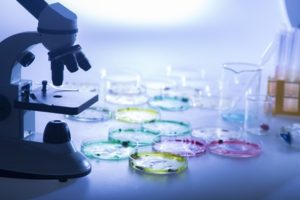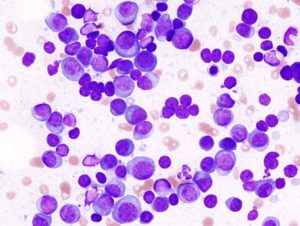Understanding the critical parameters that enable cells to grow to high density in a bioreactor is important to achieving a highly productive cell culture manufacturing process. Multi-omics, which is the use of metabolomics and proteomics combined with RNA-Seq, is a powerful analytical tool that provide a wealth of information. Previously these techniques were only applied to research projects because of the cost of materials and the large amount of data generated. However, as data processing has become more streamlined, it is feasible to perform studies in situations such as biotherapeutics production to modify culture conditions and improve process productivity.
We highlight a recently published study in which the authors studied the metabolism of CHO, using multi-omics, to enhance production of a monoclonal antibody. Researchers in Barry Karger’s lab, including Amr Ali, Ravali Raju, Rashmi Kshirsagar, Alexander Ivanov, Alan Gilbert, and Li Zang, working at Biogen and Northeastern University in Boston, MA, found that when cysteine levels are depleted, the protein titer decreases. [“Multi‐Omics Study on the Impact of Cysteine Feed Level on Cell Viability and mAb Production in a CHO Bioprocess.” It was published in Biotechnology Journal, 28 November 2018, https://doi.org/10.1002/biot.201800352.] This group was able to further characterize the pathways, using a multi-omics approach, that revealed the importance of cysteine to the overall redox balance of the cells and how this related to the overall health of the culture. The cost of performing multi-omics analyses has come down, and as this publication shows, its use for biotherapeutic production cultures can help fine tune growth conditions and increase productivity.
Chamow & Associates assists companies to develop biologics for clinical testing and welcomes your inquiry.





